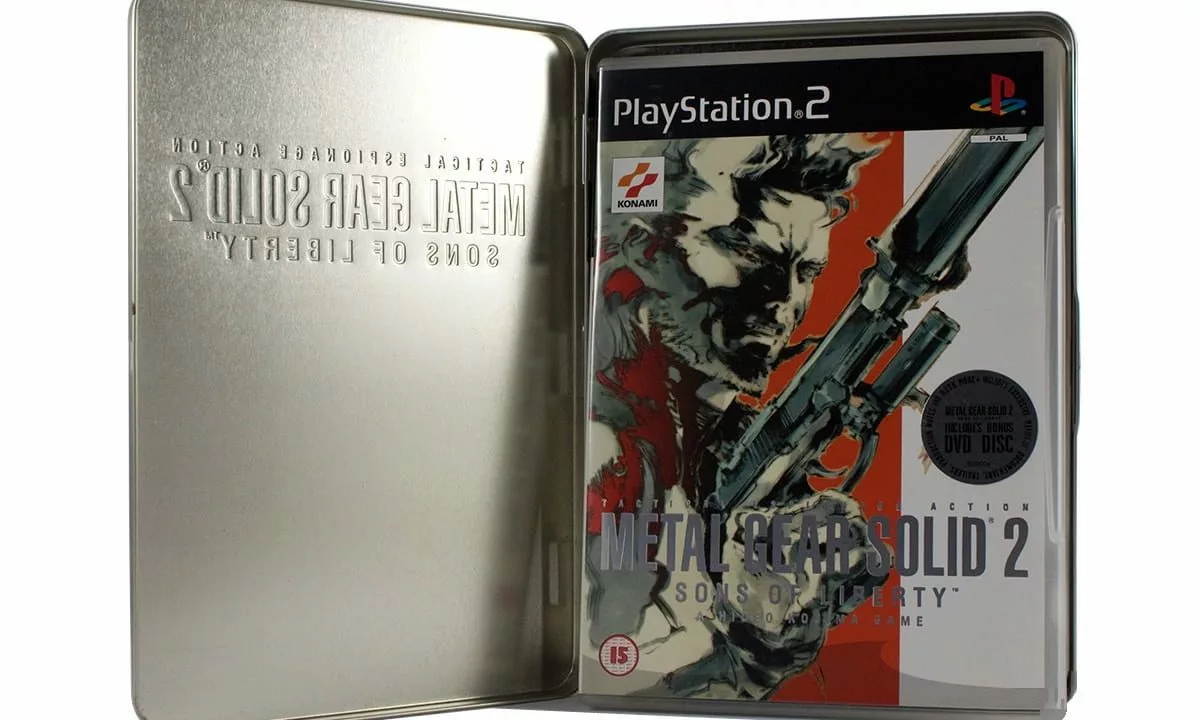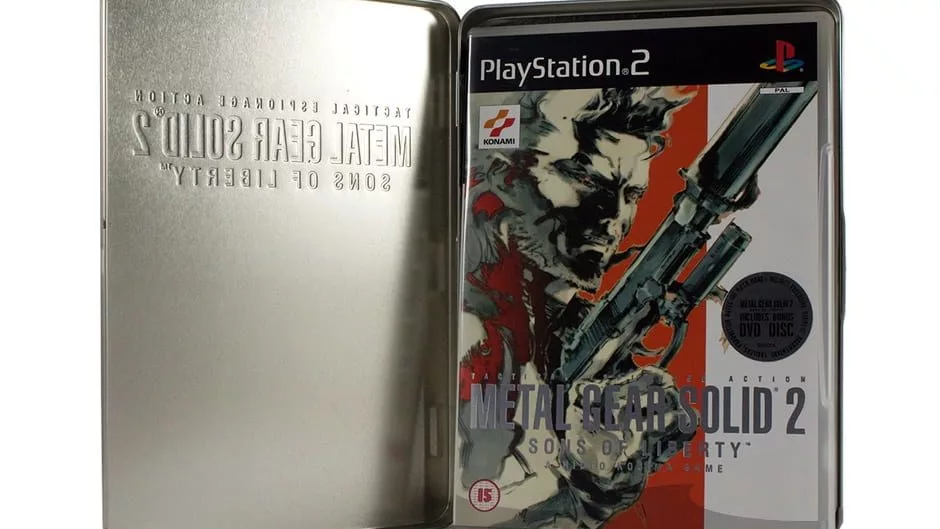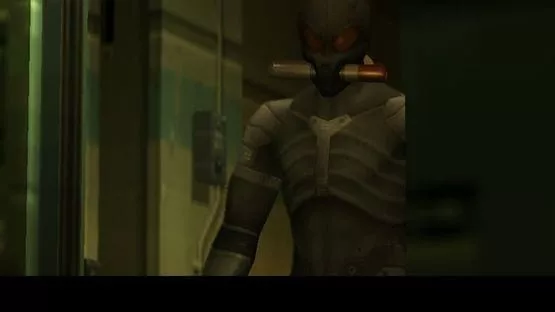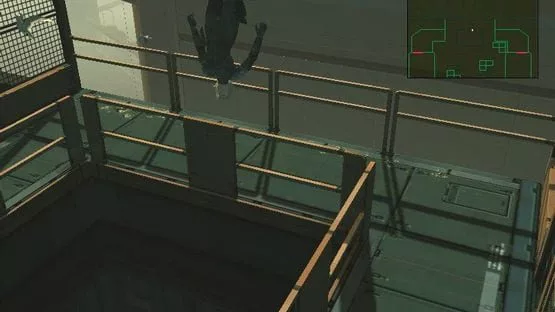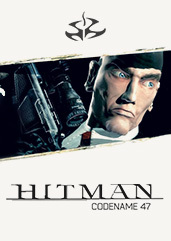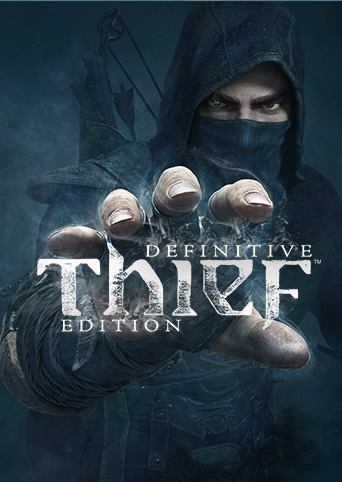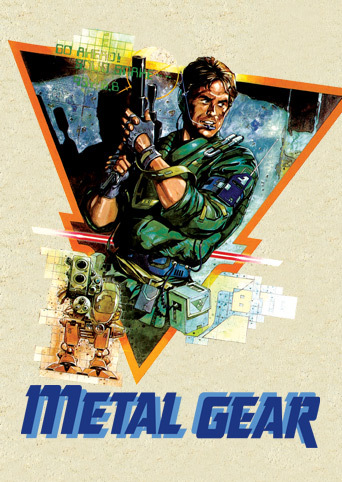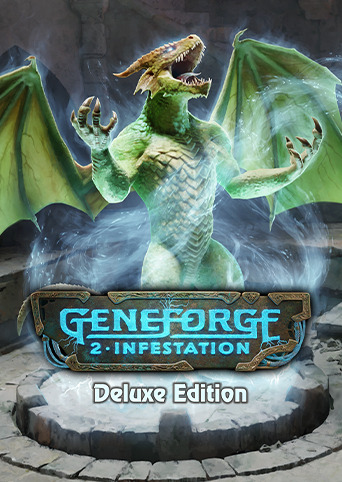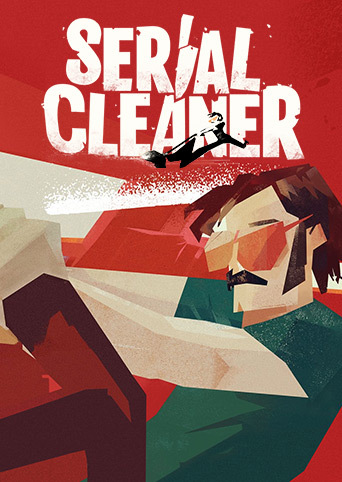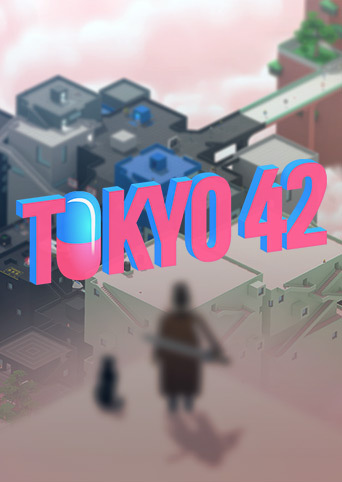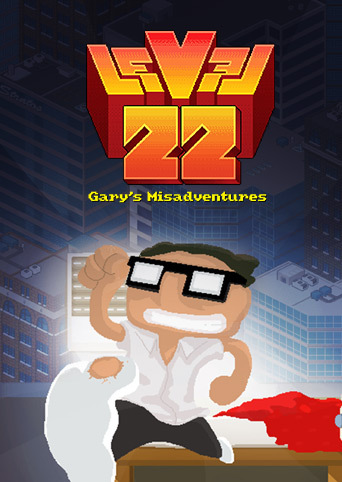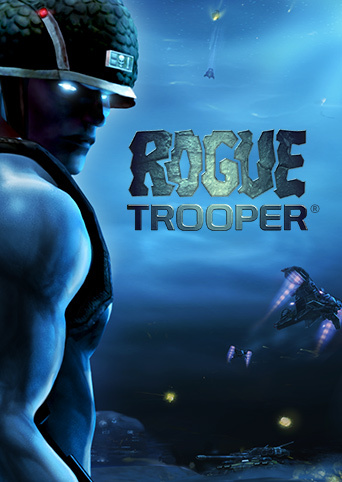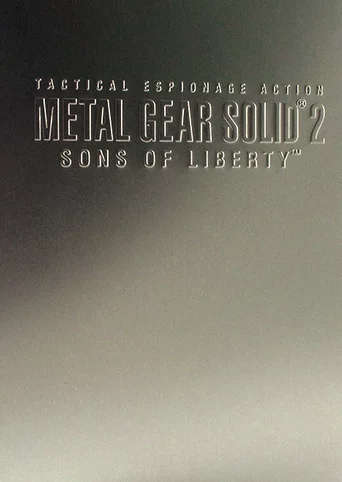
Metal Gear Solid 2: Sons of Liberty - Limited Edition (2002)
Genres:Adventure, Shooter, Tactical
Themes:Action, Stealth
Game modes:Single player
Story:A really rare collector’s item from the Metal Gear Solid universe. The Sons of Liberty Metal Tin was available in a very limited quantity. Contents: Metal Tin, Standard edition game, Bonus DVD.
When people ask why I’m a die-hard fan of Metal Gear Solid 2: Sons of Liberty, I smile, because the answer isn’t just about the game—it’s about what it made me feel. The first time I played, I expected a straightforward sequel to Snake’s story. Instead, I stepped into a strange, unsettling world where nothing was certain.
The tanker mission hooked me, but it was the Big Shell chapter that changed everything. Playing as Raiden wasn’t what I thought I wanted, but that switch became the reason I love this game. It forced me to embody someone uncertain, manipulated, and struggling to find meaning—just like anyone trying to define themselves. That twist wasn’t betrayal; it was a lesson.
The story dove into themes of control, censorship, and digital information overload. Back then, it seemed abstract, but now it feels prophetic. I’ll never forget the Colonel’s unsettling codec calls, his voice slipping into nonsense as I wondered if anything could be trusted. The game didn’t just break the fourth wall—it shattered it, pulling me into its questions about freedom and identity.
Mechanically, it was groundbreaking: stealth options, smarter enemy AI, even hiding in lockers. Yet what elevates Sons of Liberty is how it fused those systems with a narrative that dared me to think.
I’m a die-hard fan because Metal Gear Solid 2 isn’t just entertainment. It’s philosophy disguised as a video game, a digital riddle wrapped in action. Every playthrough reminds me the point isn’t always to find the answers, but to question the system asking the questions.
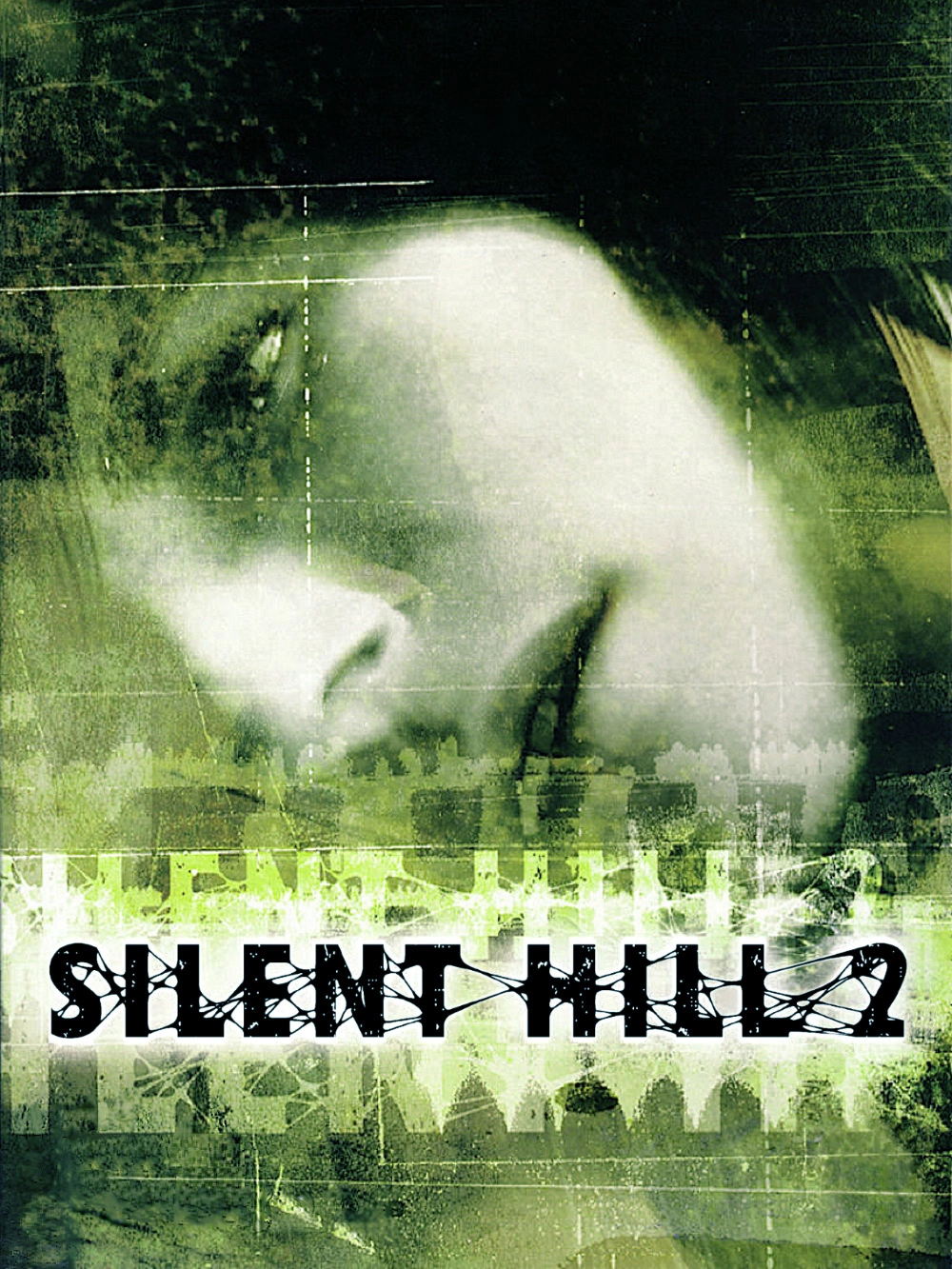
Silent Hill 2 (Classic)The second entry in the Silent Hill franchise, Silent Hill 2 is a narrative-focused third-person psychological survival horror game with emphasis on combat, exploration and puzzle-solving elements which follows James Sunderland, a man who receives a letter, seemingly sent by his three-years-deceased wife Mary, in which he is beckoned to the fog-ridden town of Silent Hill at the same time as numerous other people troubled by their past.Our Pick Top Trending Horror Survival Mystery Drama
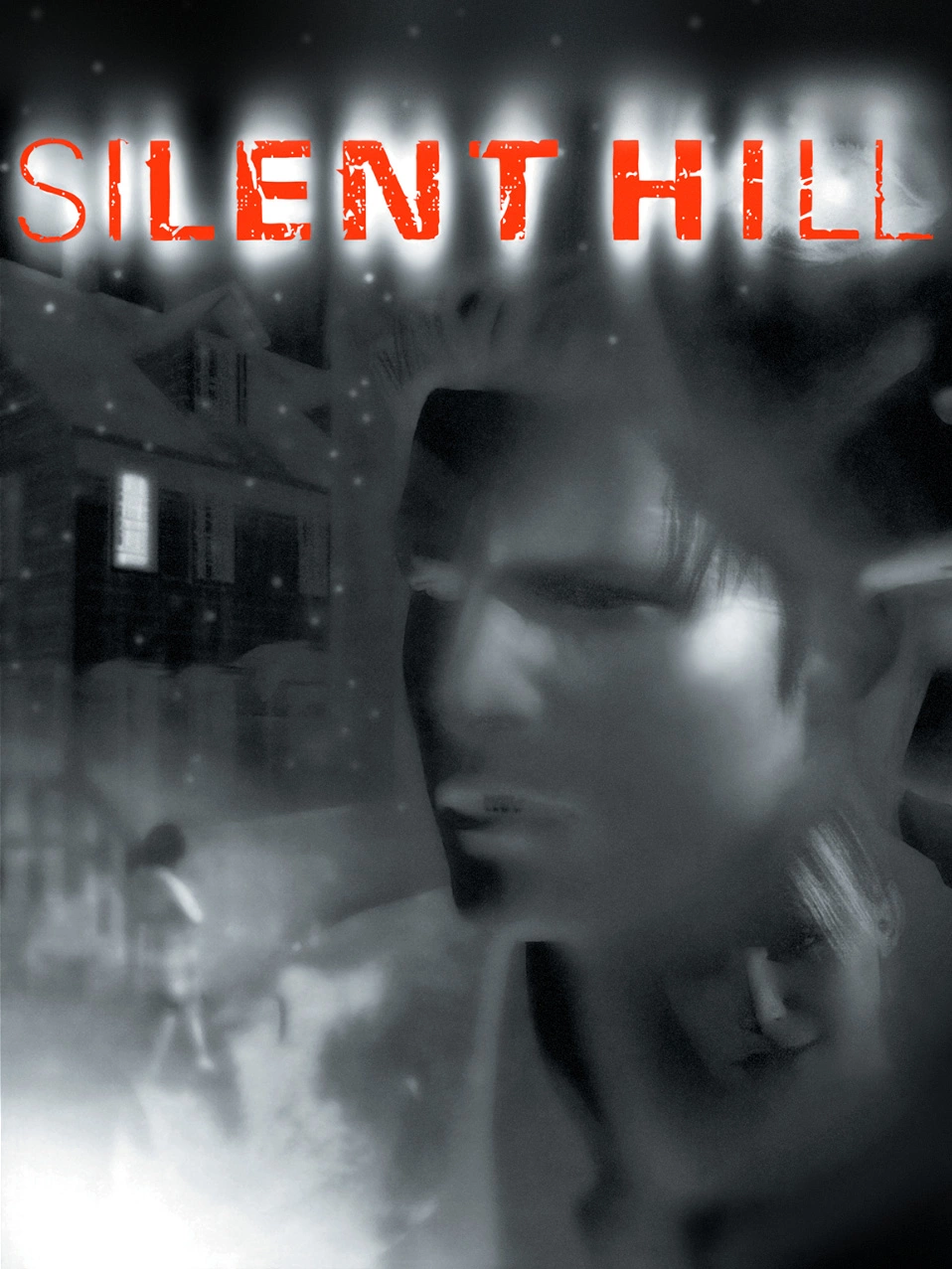
Silent HillSilent Hill is the first installment in the Silent Hill series of psychological survival horror video games. Unlike earlier survival horror games that focused on protagonists with combat training, the main character Harry Mason is an average man. The gameplay consists of combat, exploration, and puzzle-solving. The controller vibration is used to indicate Harry's heartbeat and will vibrate on low health. The player must regularly enter an inventory screen to check Harry's health, use items, and equip different weapons.Our Pick Top Trending Action Horror Survival
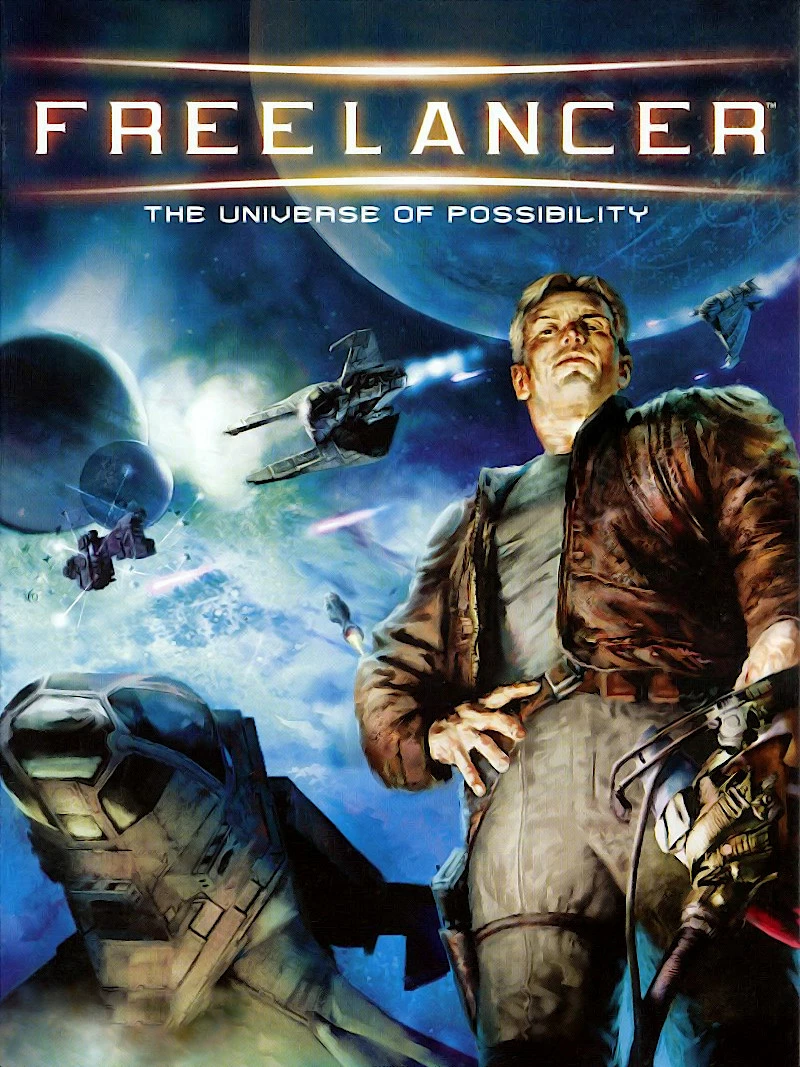
FreelancerEight hundred years prior to the start of our story, bitter conflict divided all of mankind. A handful of colonists struck out on their own to begin anew - far away from the Earth and its turmoil. Several ships were launched with enough equipment and supplies to give the hundreds onboard a fighting chance - but since the area around far-off Sirius had never been surveyed, no one really knew what to expect. What they found was a new frontier of free-flowing natural resources, unexplored territories, great wonders and lurking dangers. Each ship, representing the clusters of people and their earthly place of origin, settled into different parts of the galaxy pre-selected by their ship-board computer to give them the best chance of survival.
Life was hard in the beginning, but over the 800 years the different colonies prospered and expanded their territories, claiming more and more systems for their own. Survival and propagation eventually led to growth and profit as each of the colonies developed specialties and fostered commerce. As the colonies grew and time passed their connections with their roots on Earth dwindled and they lost their memories of the conflicts of the past. Soon their attention was dominated by new, more immediate conflicts. Feelings of lost ancestral connection spurred anachronism in the look of the great cities, and created a somewhat distorted image of each colony's cultural heritage. In the ever-expanding outer edge of the territories, frontier lawlessness prevailed.
The Houses: Each shipboard colony that left Earth carried some memory of its origins in its name. The Liberty carried Americans, The Bretonia flew from The United Kingdom and surrounding territory, The Kusari from Asia, and the Rheinland launched with Germanic cargo.
As each ship settled and colonies began to expand, they knew little about each other and their advancing development. Finally, little by little, the individual colonies found each other and began to set up trade routes to link their systems for commerce and solidarity.
Today, with each colony firmly rooted in its respective corner of the galaxy, the colonies rely heavily on each other for trade and industry but also compete for resources and new territories in the Border Worlds. The colonies mandate member governments in "The New Alliance" within the Sirius sector. To control conflicts, each colony has forged alliances and treaties with others as they have grown. Competition remains fierce, however. Struggles rage for supremacy in business, commerce, resources, power and control. There can be tenuous peace between colonies' political agendas, but the grabs for holdings constantly unsettle the volatile frontier.Our Pick Top Trending Science fiction Sandbox
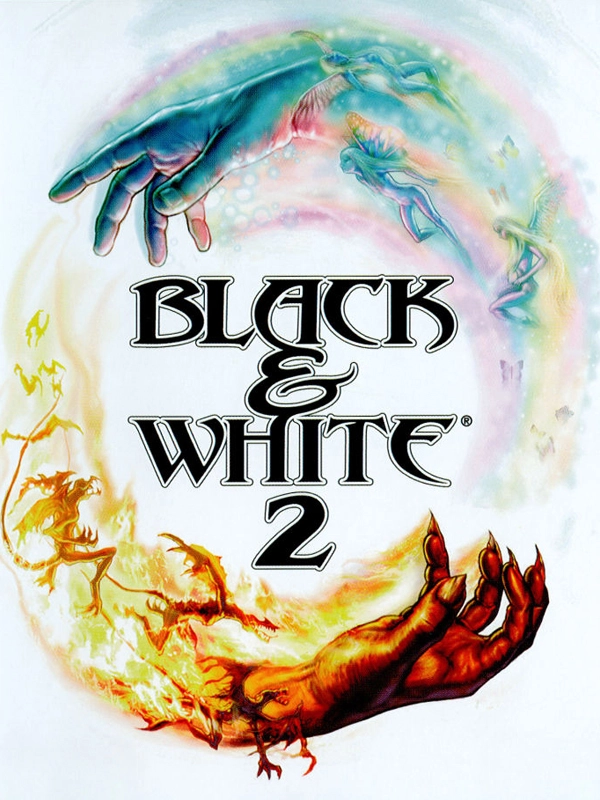
Black & White 2In the game, the player takes the role of a god called from the void (nothingness) to help those who invoked them. However, the player is not an omnipotent style god, but rather a god who rises and falls with his believers and the player must help develop their nature according to their good or evil desires. The player also has a creature, their physical representation in the world, which takes the form of an anthropomorphic ape, lion, wolf, turtle, cow, or tiger. Its physical manifestation can grow to an immense size, and adopt a good or evil persona separate of the player's. They develop their character as the player rewards or punishes their actions. In addition to the god simulation and city-building elements introduced in the original Black & White, Black & White 2 also features elements of real-time strategy gameplay, with the addition of controllable warfare and fighting units.Top Trending Action Fantasy Comedy Sandbox
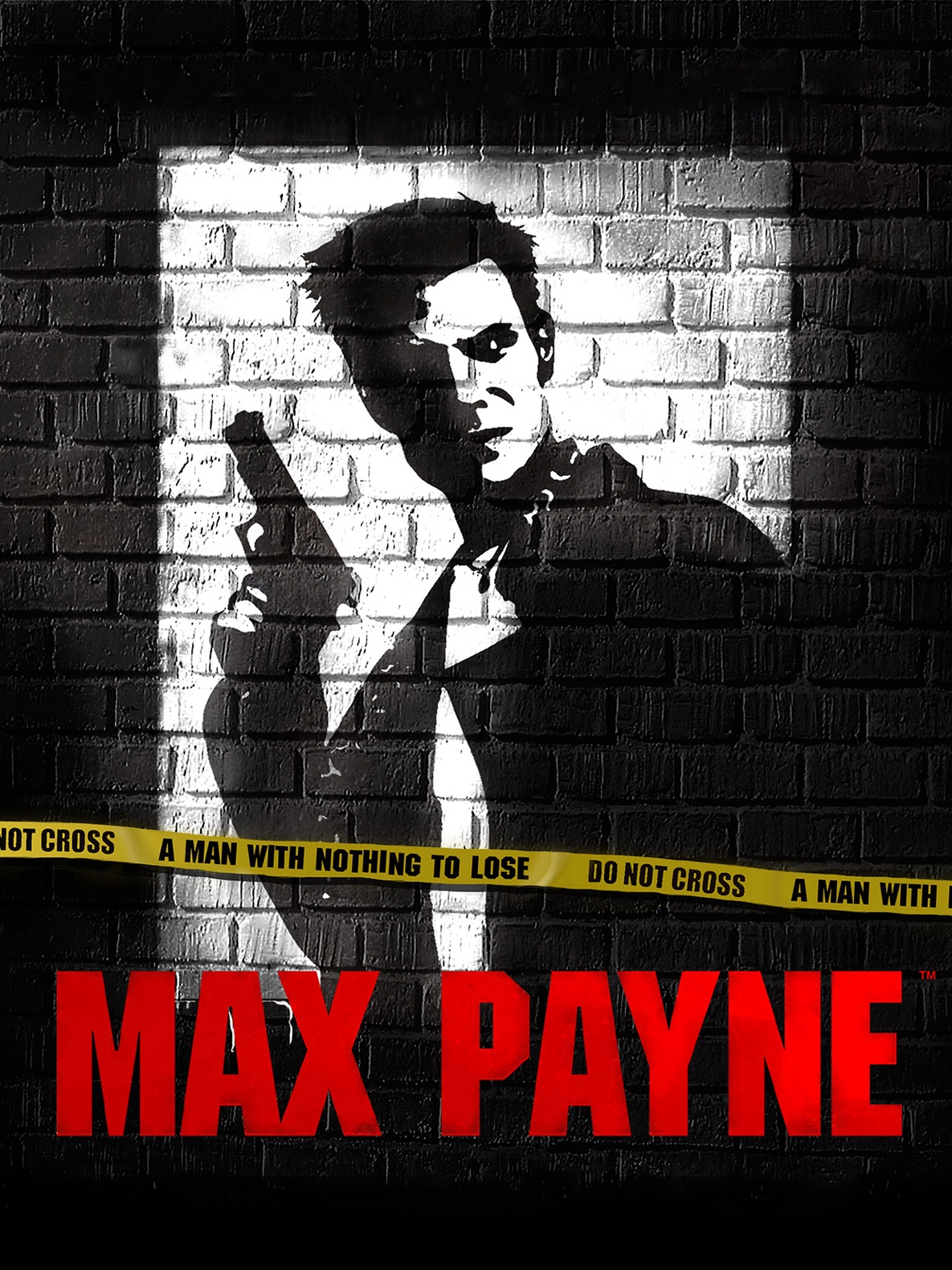
Max PayneMax Payne is a man with nothing to lose in the violent, cold urban night. A fugitive undercover cop framed for murder, hunted by cops and the mob, Max is a man with his back against the wall, fighting a battle he cannot hope to win. Max Payne is a relentless story-driven game about a man on the edge, fighting to clear his name while struggling to uncover the truth about his slain family amongst a myriad of plot-twists and twisted thugs in the gritty bowels of New York during the century's worst blizzard.
The groundbreaking original cinematic action-shooter, Max Payne introduced the concept of Bullet Time in videogames. Through its stylish slow-motion gunplay combined with a dark and twisted story, Max Payne redefined the action-shooter genre.Top Trending Action Thriller

Final Fantasy VIIFinal Fantasy VII is a role-playing game set in a post-modern, steampunk world where technology and fantasy elements coexist. Players control Cloud Strife, an ex-soldier who joins the eco-terrorist group AVALANCHE to oppose Shinra Inc., a corporation draining the planet's life energy. The game features turn-based combat with an active time element, a customizable Materia system for abilities, and unique Limit Break attacks for each character. Players explore 3D environments, engage in various mini-games, and uncover a complex plot involving Cloud's mysterious past and a powerful threat to the world. As the story progresses, players gain access to different vehicles, allowing them to explore new areas and uncover additional content.Top Trending Fantasy Science fiction
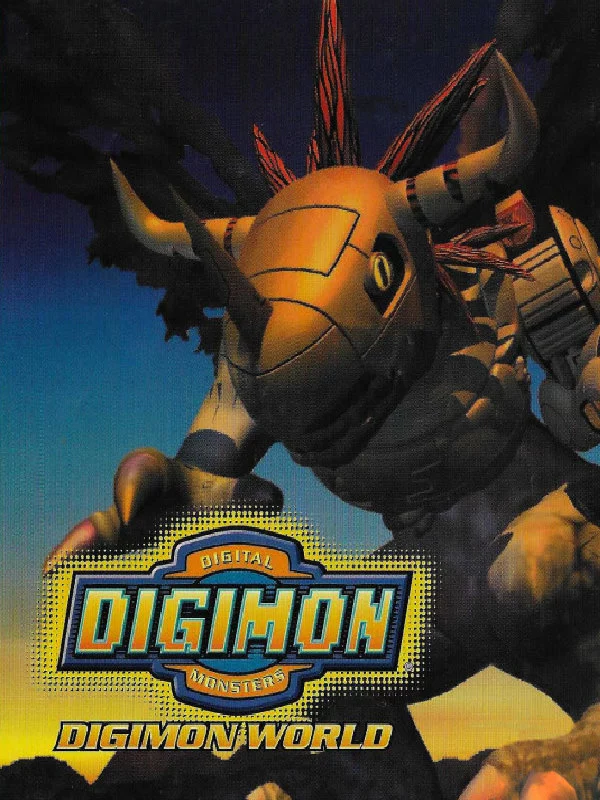
Digimon WorldDigimon world is a game that allows a player to raise their own Digimon and teach it to battle.Our Pick Top Fantasy Science fiction
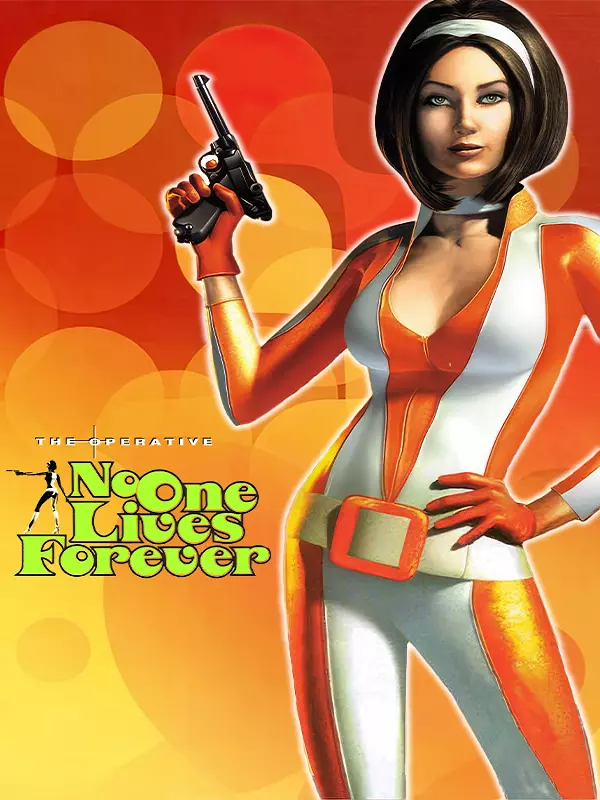
The Operative: No One Lives ForeverNo One Lives Forever is to be a fast-paced, story-driven first-person shooter that delivers over-the-top action, outrageous villains, and wry humor in the tradition of the great 1960's Bond films. You play Cate Archer an undercover operative for MI-Zero. Your mission is to arrange for the defection of a prominent East German biophysicist that goes by the name of Otto Dentz. However things go wrong when a terrorist group known as the HARM abducts Dentz during a flight to England.
Assume the role of Cate Archer, an operative working for UNITY, a secret organization fighting to free the world from the clutches of H.A.R.M.. From tense subterfuge to in-your-face combat, No One Lives Forever ups the ante with 1960's-influenced spy action, vivid international locates, and deadly arch villains.Top Action Comedy Stealth
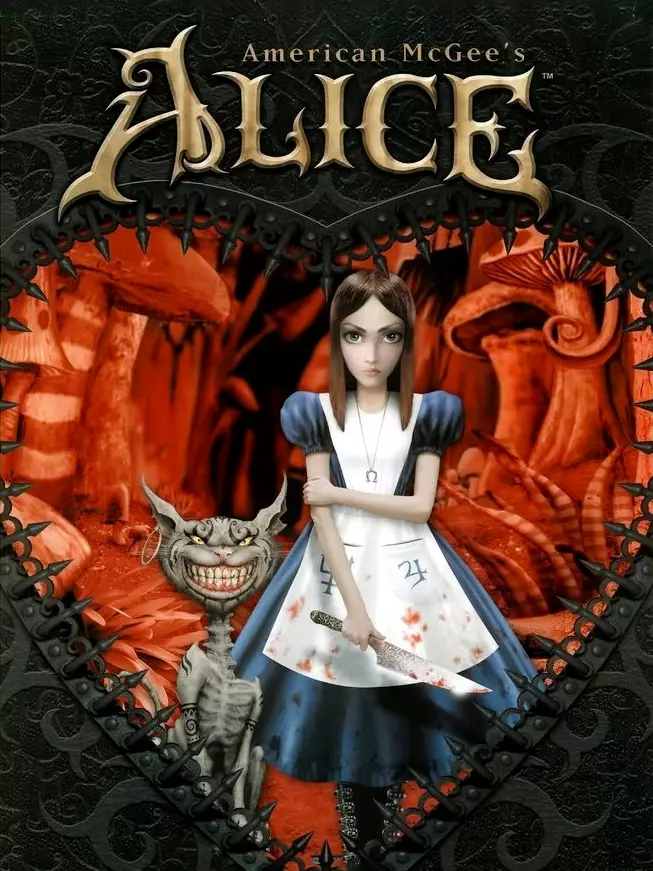
American McGee's AliceShortly after her second adventure, Through the Looking-Glass, Alice's house is burnt down by an accidental fire, killing her family and leaving her as the only survivor. As time progresses Alice loses touch with reality. She is institutionalized in Rutledge Asylum, where she is observed and treated by Dr. Heironymous Wilson. Alice's only possession in Rutledge is a stuffed rabbit. Ten years after Alice was committed to Rutledge, she finds herself sucked back into a Wonderland that has been twisted by her own broken mind. The White Rabbit summons Alice to aid a radically altered Wonderland, which became a twisted version of itself as it came under the horrible rule of the Queen of Hearts. The Cheshire Cat serves as Alice's companion throughout the game, frequently appearing to guide her with cryptic comments.Top Trending Action Horror
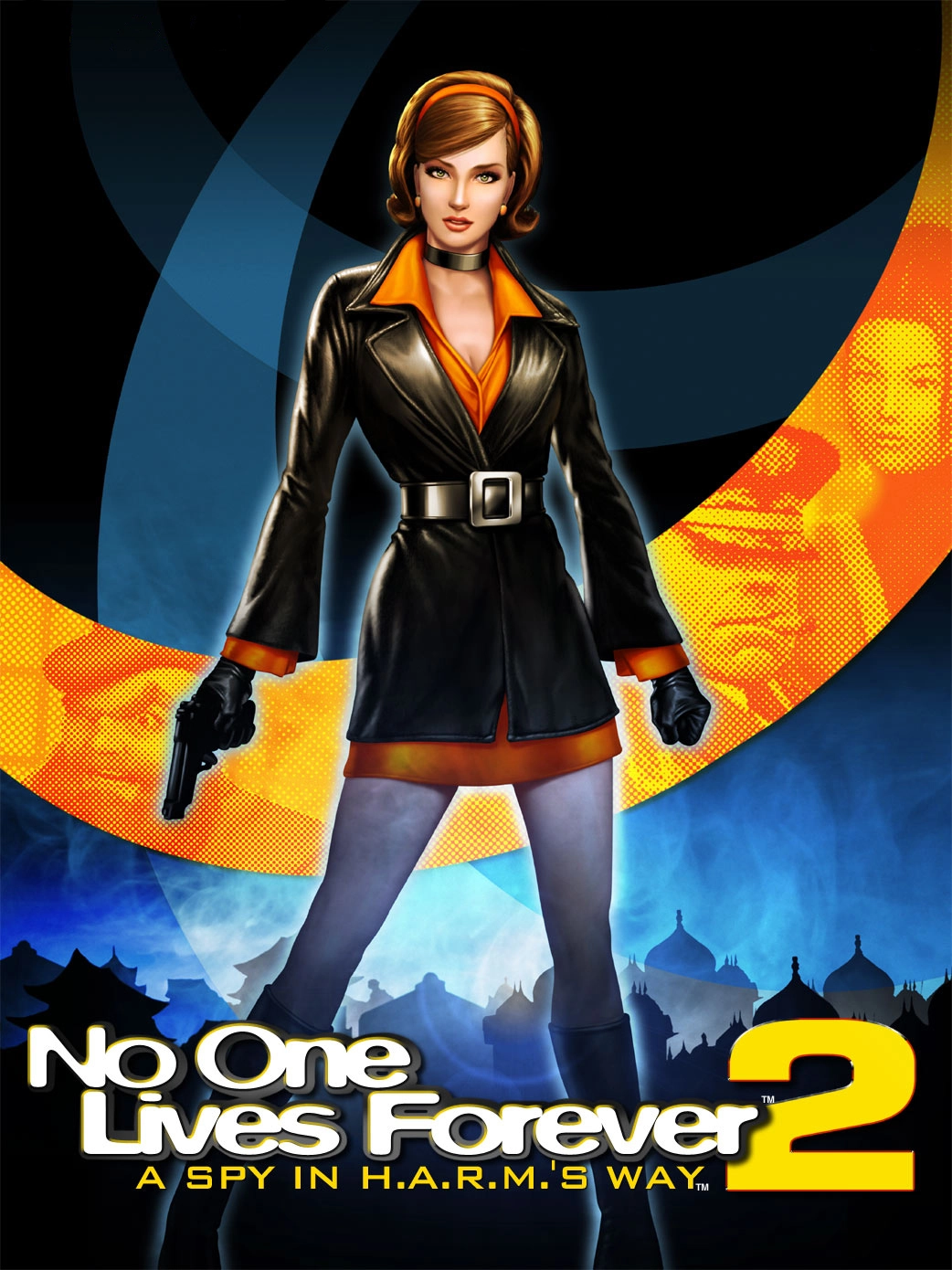
No One Lives Forever 2: A Spy in H.A.R.M.'s WayA year after the first No One Lives Forever, tensions are rising between United States and Soviet Union over the tiny, but strategic Isle of Khios. Jones, now the sole Commander of U.N.I.T.Y. (after Smithy was discovered to be a H.A.R.M. spy in the first No One Lives Forever), is taking a vacation and leaves Temporary Director Lawrie in charge.
The sequel to the award-winning No One Lives Forever returns you to a world of espionage, intrigue, and dry humor. In her second adventure, British UNITY operative Cate Archer must investigate a super-secret Soviet project that, if successful, could bring about the third world war.Top Action Fantasy Historical Comedy Stealth
